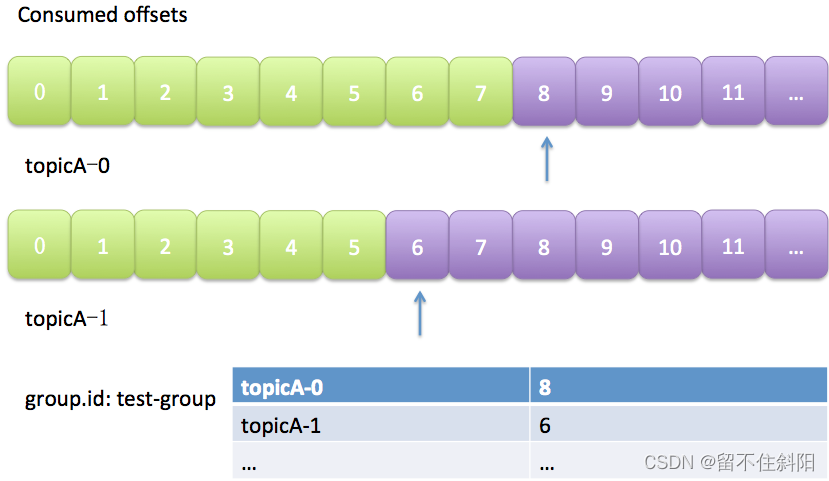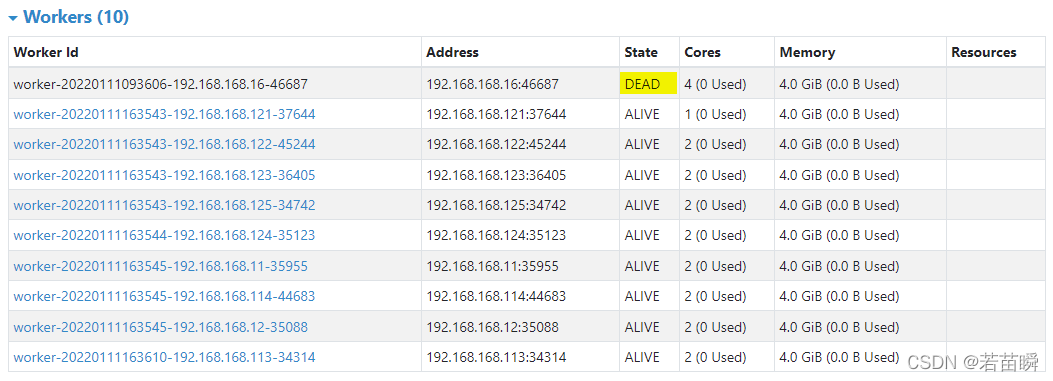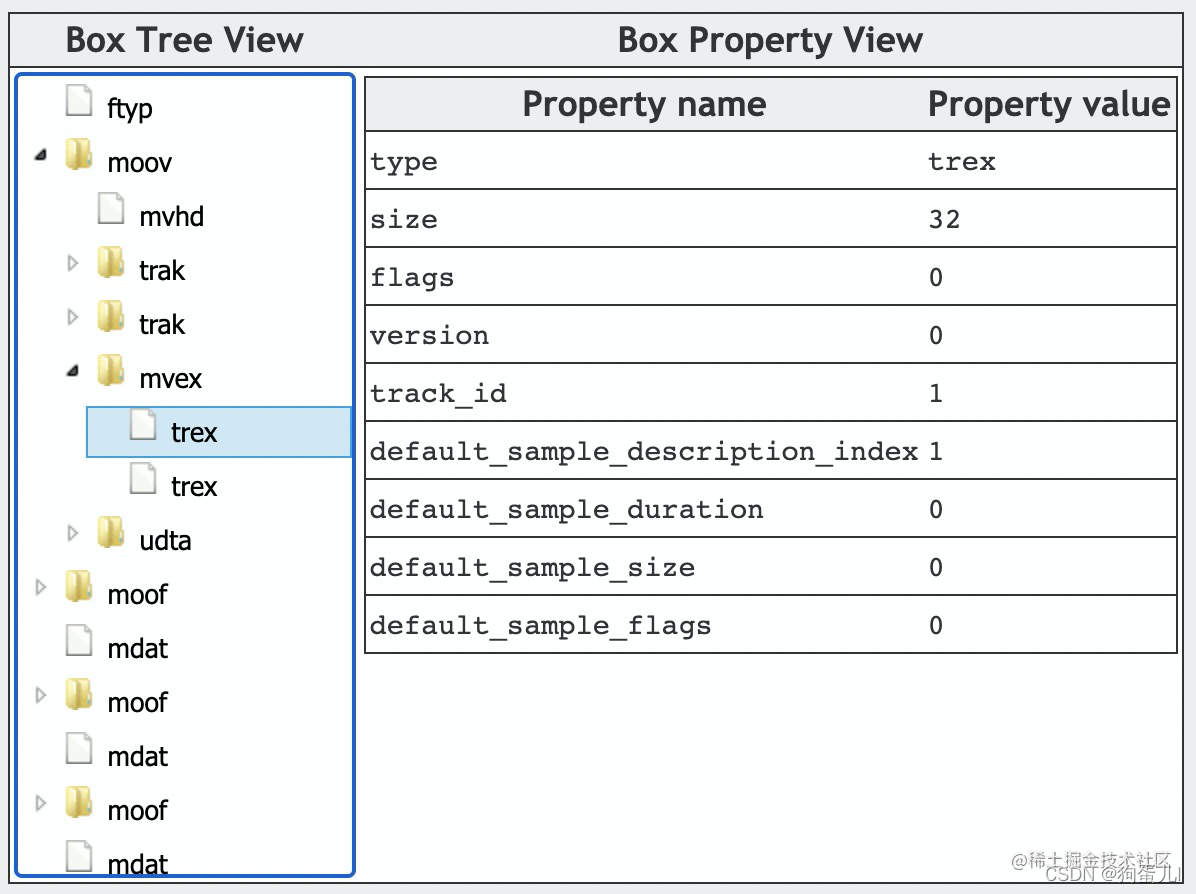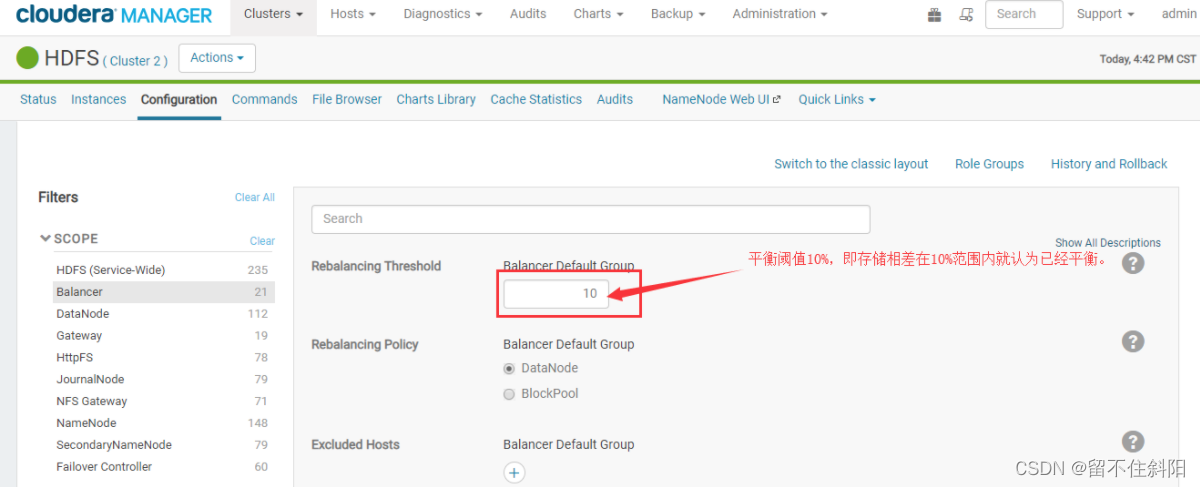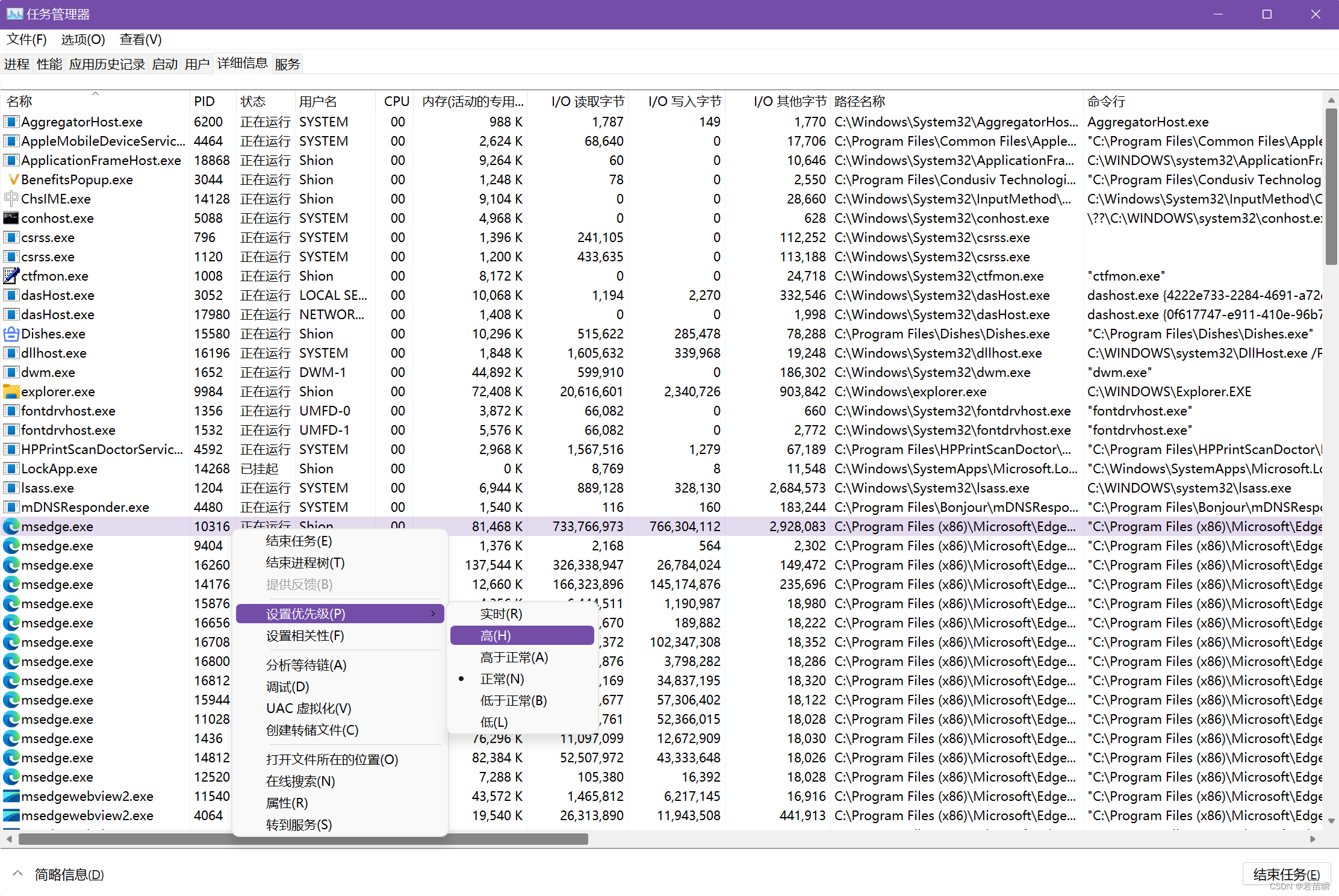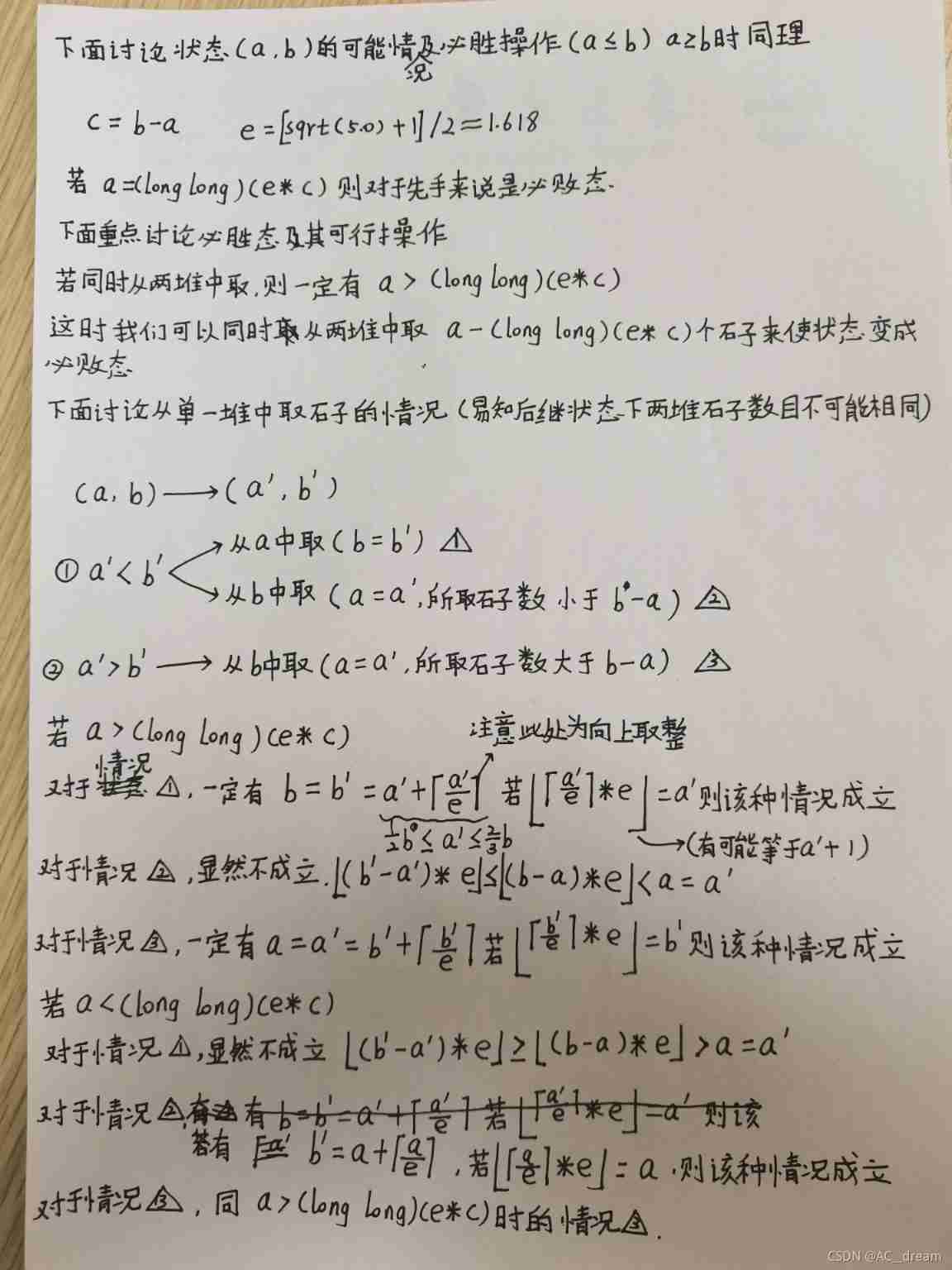当前位置:网站首页>Cmake Express
Cmake Express
2022-07-06 16:41:00 【Dog egg L】
Reprint :
https://blog.csdn.net/whahu1989/article/details/82078563?ops_request_misc=&request_id=&biz_id=102&utm_term=cmake%E4%BD%BF%E7%94%A8&utm_medium=distribute.pc_search_result.none-task-blog-2blogsobaiduweb~default-3-82078563.nonecase&spm=1018.2226.3001.4450
ubuntu install cmake:
apt-get install cmake
A simple example
cmake_minimum_required (VERSION 2.8)
project (demo)
add_executable(main main.c)
The first line means cmake The minimum version requirement for is 2.8, What we have installed is 3.10.2; The second line indicates the information of the project , That is, the name of the project demo; The third line is the key , Represents the final elf The name of the file is main, The source file used is main.c
Switch to... Under the terminal main.c In the directory , Then enter the following command to run cmake .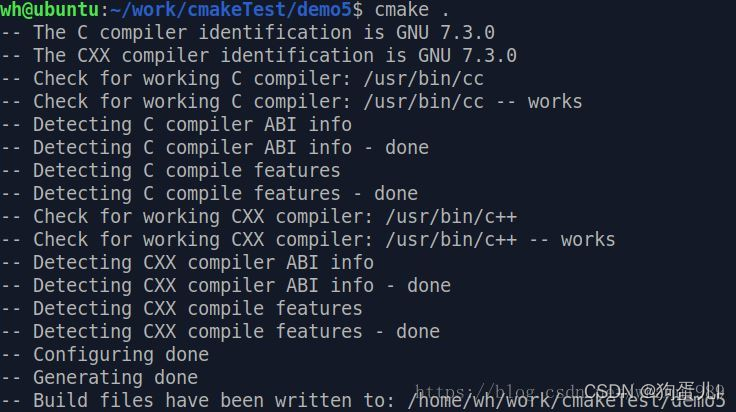
PS: If you want to regenerate main, Input make clean Can be deleted main This elf file .
Multiple source files in the same directory
Let's move on to a slightly more complex example : There are multiple source files in the same directory .
Add... Under the previous directory 2 File ,testFunc.c and testFunc.h.
cmake_minimum_required (VERSION 2.8)
project (demo)
add_executable(main main.c testFunc.c)
And so on , If there are multiple source files in the same directory , So as long as it's in add_executable Just add all the source files in . But if there are a hundred source files , It's a bit of a pit to do this again , Can't embody cmake The advantages of ,cmake A command is provided to store all source files in a specified directory in a variable , The order is aux_source_directory(dir var).
The first parameter dir Is the specified directory , The second parameter var Is the variable used to store the list of source files .
cmake_minimum_required (VERSION 2.8)
project (demo)
aux_source_directory(. SRC_LIST)
add_executable(main ${
SRC_LIST})
Use aux_source_directory Save the source files in the current directory in the variable SRC_LIST in , And then in add_executable Call inside SRC_LIST( Pay attention to the writing when calling variables ).
Re execution cmake and make, And run main.
Multiple source files in different directories
Generally speaking , When there are many program files , We will carry out classified management , Put the code in different directories according to the function , This makes it easy to find . So how to write in this case CMakeLists.txt Well ?
cmake_minimum_required (VERSION 2.8)
project (demo)
include_directories (test_func test_func1)
aux_source_directory (test_func SRC_LIST)
aux_source_directory (test_func1 SRC_LIST1)
add_executable (main main.c ${
SRC_LIST} ${
SRC_LIST1})
Here comes a new command :include_directories. This command is used to add the search path of multiple specified header files to the project , The paths are separated by spaces .
because main.c in include 了 testFunc.h and testFunc1.h, If you don't have this command to specify the location of the header file , You can't compile . Of course , It can also be in main.c Use in include To specify the path , as follows
#include "test_func/testFunc.h"
#include "test_func1/testFunc1.h"
But this kind of writing is not good-looking .
in addition , We used 2 Time aux_source_directory, Because the source files are distributed in 2 A directory , So add the 2 Time .
Compilation control of dynamic library and static library
Sometimes you just need to compile dynamic and static libraries , Then wait for other programs to use . Let's see how to use in this case cmake.
We will be in build Run in directory cmake, And store the generated library file in lib Under the table of contents .
cmake_minimum_required (VERSION 3.5)
project (demo)
set (SRC_LIST ${
PROJECT_SOURCE_DIR}/testFunc/testFunc.c)
add_library (testFunc_shared SHARED ${
SRC_LIST})
add_library (testFunc_static STATIC ${
SRC_LIST})
set_target_properties (testFunc_shared PROPERTIES OUTPUT_NAME "testFunc")
set_target_properties (testFunc_static PROPERTIES OUTPUT_NAME "testFunc")
set (LIBRARY_OUTPUT_PATH ${
PROJECT_SOURCE_DIR}/lib)
Here are new commands and predefined variables ,
add_library:
Generate dynamic or static libraries ( The first 1 A parameter specifies the name of the library ; The first 2 Two parameters determine whether it is dynamic or static , If not, the default is static ; The first 3 A parameter specifies the source file of the generated library )set_target_properties: Set the name of the final generated library , There are other functions , Such as setting the version number of the library, etc
LIBRARY_OUTPUT_PATH: The default output path of the library file , This is set as... Under the project directory lib Catalog
Okay , Let's get into build Run in directory cmake …, Run after success make
PS: Use... In the front set_target_properties Redefined the output name of the library , If not used set_target_properties It's fine too , So the name of the library is add_library The name defined in , Just continuous 2 Second use add_library An error occurred while specifying the library name ( The first parameter ), This name cannot be the same , and set_target_properties You can set the name to the same , Only the final generated library file has a different suffix ( One is .so, One is .a), This will look better relatively .
Linking Libraries
Now that we have generated the library , Then do the link test . Re create a project directory , Then copy the library generated in the previous section , Then create a new project under the project directory src Contents and bin Catalog , stay src Add a main.c, The overall structure is as follows ,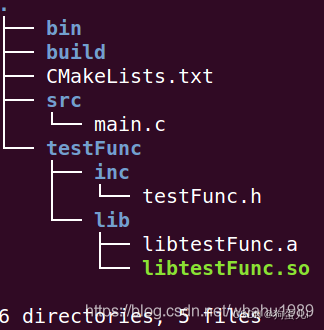
cmake_minimum_required (VERSION 3.5)
project (demo)
set (EXECUTABLE_OUTPUT_PATH ${
PROJECT_SOURCE_DIR}/bin)
set (SRC_LIST ${
PROJECT_SOURCE_DIR}/src/main.c)
# find testFunc.h
include_directories (${
PROJECT_SOURCE_DIR}/testFunc/inc)
find_library(TESTFUNC_LIB testFunc HINTS ${
PROJECT_SOURCE_DIR}/testFunc/lib)
add_executable (main ${
SRC_LIST})
target_link_libraries (main ${
TESTFUNC_LIB})
It's here 2 A new order ,
- find_library:
Find the specified library in the specified directory , And store the absolute path of the library in the variable , The first parameter is the variable name , The second parameter is the library name , The third parameter is HINTS, The first 4 The first parameter is the path , For other usage, please refer to cmake file - target_link_libraries: Link the target file to the library file
Use find_library The advantage is to perform cmake … Will find out whether the library exists , In this way, errors can be found in advance , Don't wait for the link .
cd To build Under the table of contents , And then run cmake … && make, Finally, enter bin View under directory , Find out main Generated , Run it ,
ps: stay lib Directory is testFunc Static library and dynamic library ,find_library(TESTFUNC_LIB testFunc ... The default is to find the dynamic library , If you want to directly specify whether to use dynamic library or static library , It can be written. find_library(TESTFUNC_LIB libtestFunc.so ... perhaps find_library(TESTFUNC_LIB libtestFunc.a ...
ps: see elf Which libraries are used by the file , have access to readelf -d ./xx Check it out.
Add compile options
Sometimes you want to add some compilation options when compiling a program , Such as -Wall,-std=c++11 etc. , You can use add_compile_options To operate .
cmake_minimum_required (VERSION 2.8)
project (demo)
set (EXECUTABLE_OUTPUT_PATH ${
PROJECT_SOURCE_DIR}/bin)
add_compile_options(-std=c++11 -Wall)
add_executable(main main.cpp)
Add control options
Sometimes you want to compile only the specified source code when compiling code , have access to cmake Of option command , The main situations encountered are divided into 2 Kind of :
It was supposed to generate multiple bin Or library files , Now I just want to generate some of the specified bin Or library files
For the same bin file , Just want to compile some of the code ( Use macros to control )
The first 1 In this case
Suppose our current project will generate 2 individual bin file ,main1 and main2, Now the overall structure is as follows ,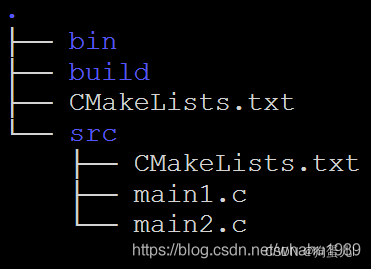
cmake_minimum_required(VERSION 3.5)
project(demo)
option(MYDEBUG "enable debug compilation" OFF)
set (EXECUTABLE_OUTPUT_PATH ${
PROJECT_SOURCE_DIR}/bin)
add_subdirectory(src)
It's used here option command , The first parameter is this option Name , The second parameter is the string , Used to describe this option What are you doing here , The third is option Value ,ON or OFF, Or not , No writing is the default OFF.
Then write src In the catalog CMakeLists.txt, as follows
cmake_minimum_required (VERSION 3.5)
add_executable(main1 main1.c)
if (MYDEBUG)
add_executable(main2 main2.c)
else()
message(STATUS "Currently is not in debug mode")
endif()
Be careful , It's used here if-else According to option To decide whether to compile main2.c
among main1.c and main2.c Is as follows ,
// main1.c
#include <stdio.h>
int main(void)
{
printf("hello, this main1\n");
return 0;
}
// main2.c
#include <stdio.h>
int main(void)
{
printf("hello, this main2\n");
return 0;
}
then cd To build Enter... In the directory cmake .. && make You can just compile main1, If you want to compile main2, Just put MYDEBUG Set to ON, Input again cmake .. && make recompile .
Every time I want to change MYDEBUG It needs to be modified CMakeLists.txt, A little bit of a problem , You can actually go through cmake Command line to operate , For example, we want to put MYDEBUG Set to OFF, First cd To build Catalog , Then input cmake .. -DMYDEBUG=ON, In this way, you can compile main1 and main2 ( stay bin Under the table of contents )
The first 2 In this case
Suppose we have a main.c, It reads as follows ,
#include <stdio.h>
int main(void)
{
#ifdef WWW1
printf("hello world1\n");
#endif
#ifdef WWW2
printf("hello world2\n");
#endif
return 0;
}
You can control the printed information by defining macros , We CMakeLists.txt The contents are as follows ,
cmake_minimum_required(VERSION 3.5)
project(demo)
set (EXECUTABLE_OUTPUT_PATH ${PROJECT_SOURCE_DIR}/bin)
option(WWW1 "print one message" OFF)
option(WWW2 "print another message" OFF)
if (WWW1)
add_definitions(-DWWW1)
endif()
if (WWW2)
add_definitions(-DWWW2)
endif()
add_executable(main main.c)
Here is the option Keep your name and main.c The macro names in the are consistent , It's more intuitive , You can also choose different names . Through and with add_definitions() With , You can control a single bin A printout of the document .
The overall engineering structure is as follows ,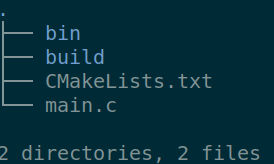
cd To build Execute under directory cmake .. && make, And then to bin Execute under directory ./main, You can see that the print is empty ,
Then follow the instructions below , Then check the printing effect ,
cmake … -DWWW1=ON -DWWW2=OFF && make
cmake … -DWWW1=OFF -DWWW2=ON && make
cmake … -DWWW1=ON -DWWW2=ON && make
There's a small hole here. You should pay attention to it : Suppose there is 2 individual options It's called A and B, First call cmake Set up A, Next time call cmake To set up B, If the last execution is not deleted cmake Cache file generated when , Well, this time, although it is not set A, Will also default to use A Last time option value .
So if option There are changes , Or delete the last execution cmake Cache file generated when , Or take all of them option Both explicitly specify their values .
边栏推荐
- Installation and configuration of MariaDB
- Advancedinstaller installation package custom action open file
- Research Report on market supply and demand and strategy of Chinese table lamp industry
- < li> dot style list style type
- (lightoj - 1369) answering queries (thinking)
- 第 300 场周赛 - 力扣(LeetCode)
- VMware Tools和open-vm-tools的安装与使用:解决虚拟机不全屏和无法传输文件的问题
- Installation and use of VMware Tools and open VM tools: solve the problems of incomplete screen and unable to transfer files of virtual machines
- Submit several problem records of spark application (sparklauncher with cluster deploy mode)
- 指定格式时间,月份天数前补零
猜你喜欢
随机推荐
Oneforall installation and use
MP4格式详解
第6章 Rebalance详解
Codeforces Round #771 (Div. 2)
Li Kou: the 81st biweekly match
第一章 MapReduce概述
Market trend report, technological innovation and market forecast of desktop electric tools in China
计算时间差
Browser print margin, default / borderless, full 1 page A4
Research Report on market supply and demand and strategy of China's four flat leadless (QFN) packaging industry
(lightoj - 1354) IP checking (Analog)
Codeforces Round #803 (Div. 2)A~C
Research Report on hearing health care equipment industry - market status analysis and development prospect prediction
Codeforces Round #798 (Div. 2)A~D
(lightoj - 1323) billiard balls (thinking)
Chapter 7__ consumer_ offsets topic
How to insert mathematical formulas in CSDN blog
日期加1天
Click QT button to switch qlineedit focus (including code)
Problem - 922D、Robot Vacuum Cleaner - Codeforces

